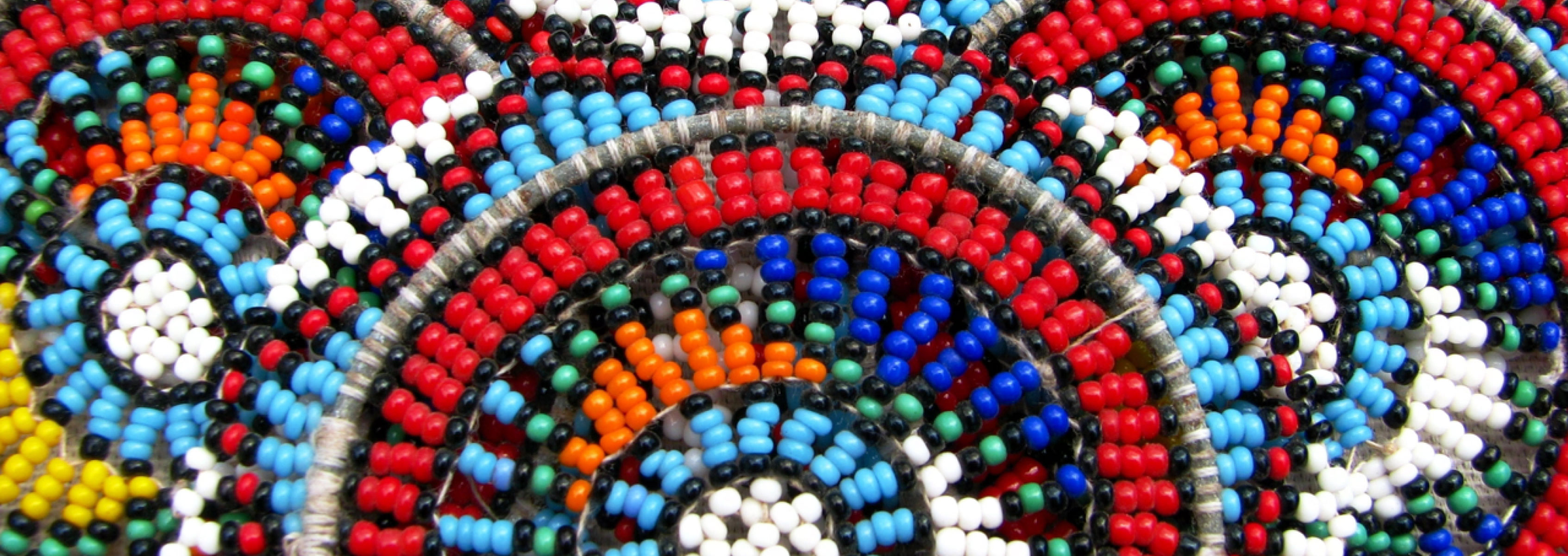Nasopharyngeal Microbiome and Respiratory Disease in African Children

This project is under the H3Africa Initiative which aims to facilitate a contemporary research approach to the study of genomics and environmental determinants of common diseases with the goal of improving the health of African populations. To accomplish this, the H3Africa Initiative assists in the development of the necessary expertise among African scientists to establish networks of African investigators. One of the main initiatives of the H3Africa consortium are working groups which have the objective to foster scientific exchange within the consortium and with US-based partner institutions.
This project’s aim is to conduct a birth cohort study that will help improve child survival and reduce illness by guiding strategies to prevent and manage childhood pneumonia and is conducted under as part of NIH’s Human Heredity and Health in Africa (H3Africa) Initiative, a training program designed to build out technical biological skills in the African research community. The Nierman team served as a collaborator with project PI Mark Nicol from the University of Cape Town. The focus of the project is to
- Describe the patterns (composition and dynamics) of nasopharyngeal colonization in healthy infants from birth to two years of age, including bacterial and viral components
- Determine the role of the nasopharyngeal microbiome in pneumonia in the first year of life in African children by:
- Identifying patterns of nasopharyngeal colonization (in the 3 months prior to pneumonia) that are associated with the development of pneumonia.
- Investigating the interaction between the nasopharyngeal microbiome and other risk factors (including nutritional deficiency and biomass exposure) in the development of pneumonia.
- Investigating whether, during episodes of pneumonia, the nasopharyngeal microbiome predicts the induced sputum microbiome.
- Determine the role of the nasopharyngeal microbiome in wheezing illness (single episode or recurrent) in the first two years of life in African children and 4. Develop and expand the capacity to perform microbiome analysis (complete pipeline including sample collection, processing, sequencing and relevant statistical/bioinformatic analyses) in Africa
JCVI provided assistance with the technical components of 16S Microbiome sample preparation and analysis by offering two workshop courses relating specifically to developing techniques around the area of microbiome sample preparation and analysis.
The first workshop was developed and lead by Stephanie Mounaud, a Scientific Project Manager in Dr. William Nierman’s group and focused on teaching students JCVI’s complete microbiome pipeline (including sample preparation, sequencing generation, and final association analysis). The aim of the training collaboration is to ensure that this complete pipeline can be performed at the University of Cape Town, to help build independent and sustainable capacity in this field within South Africa.
The second workshop was held at the University of Cape Town (UCT). JCVI scientists Alex Voorhies, PhD, Derek Harkins, and Andres Gomez, PhD and Stephanie Mounaud partnered with UCT faculty, Gerrit Botha, PhD and Katie Lenard, PhD, and UCT PI Mark Nicol to teach a four-day microbiome analysis course. Twenty-two researchers from Nigeria, The Gambia, Malawi, Tunisia, Zimbabwe and South Africa were selected from over 70 applicants to participate. The workshops provided participants with a background to microbiome studies and covered topics such as sample preparation, sequencing, and data interpretation for purposes of planning and conducting microbiome related projects. Students were also taught each step of working with a 16S rRNA gene dataset, from processing raw reads to statistical analysis and figure generation.
Publications
Microbiome. 2023-06-05; 11.1: 127.
Succession and determinants of the early life nasopharyngeal microbiota in a South African birth cohort
Funding
This project was funded through National Institute of Health (NIH), National Institute of Allergy and Infectious Diseases (NIAID) grant number 5U01AI110466-02.
